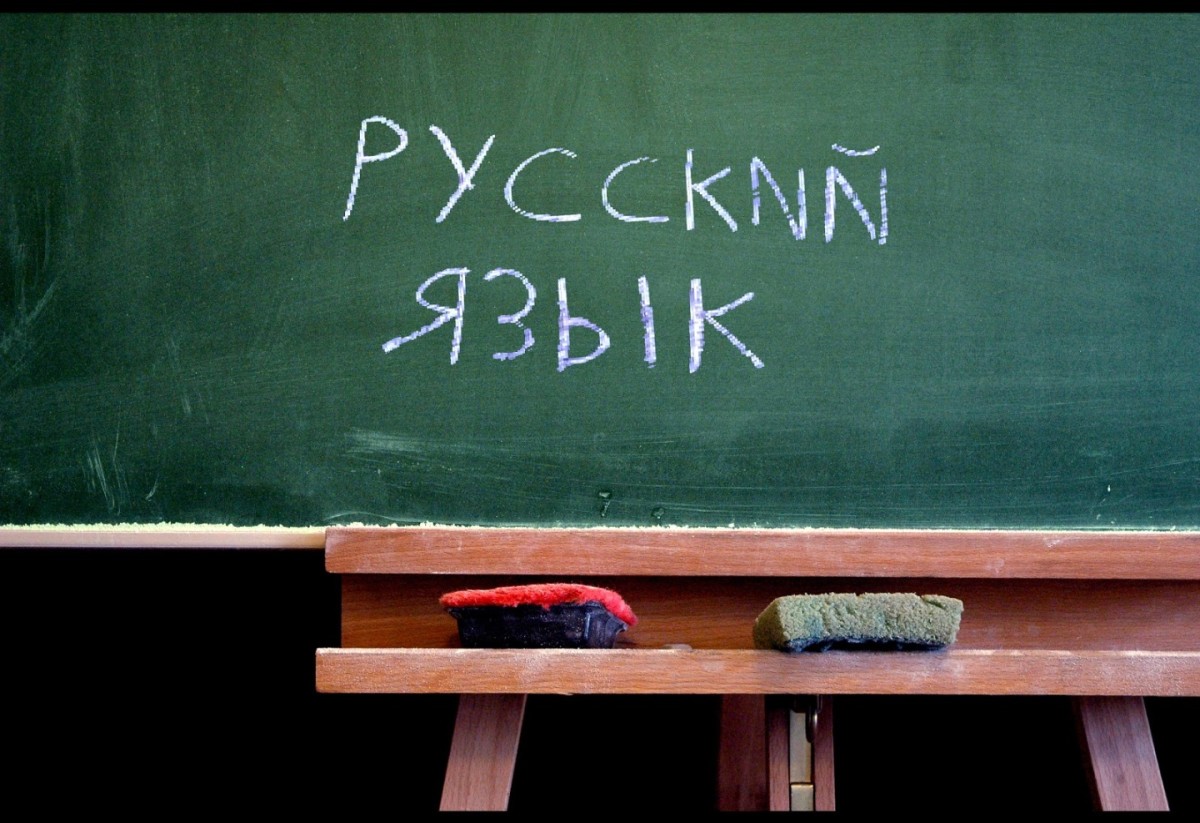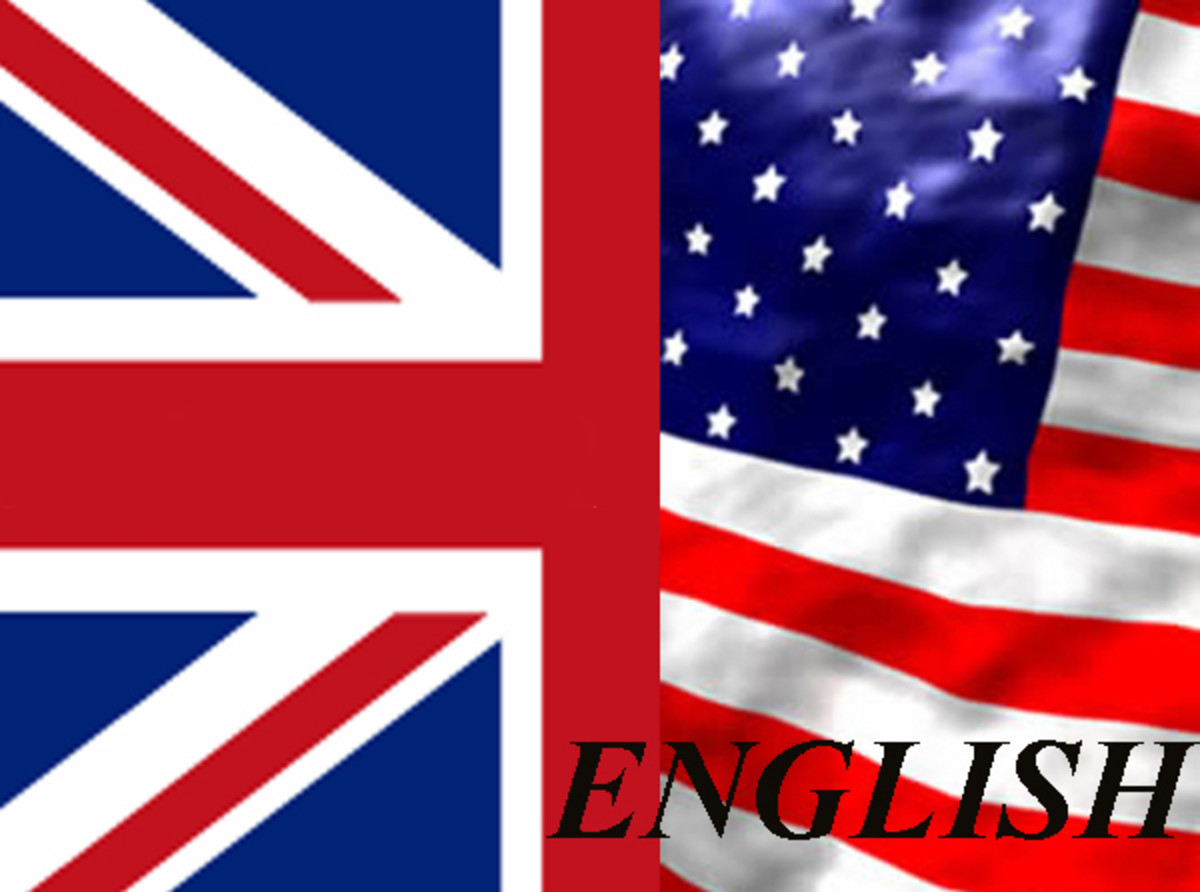Why Learn Russian? Five Good Reasons
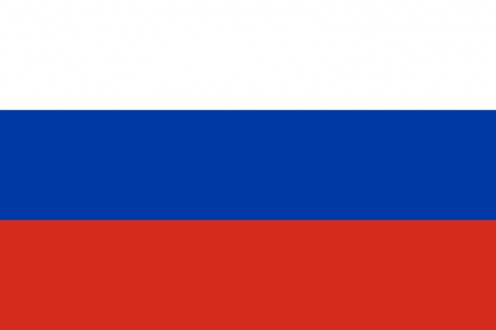
Whether you are a die-hard language enthusiast or someone looking to expand his or her linguistic horizons for the first time, I am sure you will find many of my points in support of taking on the Russian language convincing and inspiring. You may be surprised to learn just how straight-forward Russian grammar can be and how many English words exist in modern Russian. You will also come to realize just how much a knowledge of Russian will set you apart from other language enthusiasts.
1. Widely Spoken
Russian is spoken all across the Eurasian continent. It is the eighth most widely spoken language in the world with around 150 million native speakers (fifth most widely spoken in terms of overall number of speakers). It is even one of the six official languages of the United Nations.
2. Topical Relevance
The Cold War may be long over, but in light of recent developments in the Russian Federation, it certainly behooves us to pay diligent attention to the largest nation in the world. Of particular note is the situation in the Arctic, for which the United States (Alaska), Canada, Denmark (Greenland), and Russia are currently vying for dominion over potential oil resources.
Russia has been getting a lot of attention due to the scandalous civil rights issues running rampant throughout the country. Putin’s so-called anti-gay laws, namely the prohibition of displaying homosexual partnership as a social norm, are currently under fire on an international scale. Many consider this situation a reason to avoid Russian society and culture, and by extension, language. However, in this case, I adhere to the notion of keeping my friends close, and my enemies closer.
3. Set Yourself Apart
When compared with other widely studied languages, Russian tends to fade into obscurity behind much more popular languages for native English speakers such as French, Spanish, and German, and much “easier” languages like Dutch and Swedish. This is mostly due to people who perceive Russian to be a particularly difficult language. However, its case system is not much more complex than that of German, and the often mind-boggling use of articles in French is entirely absent in Russian.
Because Russian is far less often studied than many other European languages, it is very high in demand in fields such as diplomacy and business. In Canada, it is currently the highest priority European language within the Canadian Security Intelligence Service.
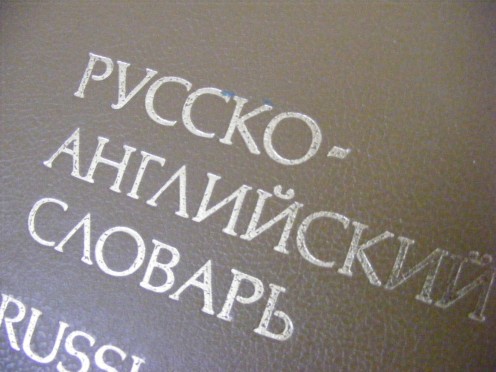
4. Not as Hard as you Think
Russian is often cited as a particularly difficult language for native English speakers to learn. Of immediate note is the unfamiliar Russian alphabet, which is based on Cyrillic script. However, a diligent student can easily master the alphabet of 33 letters in one or two days. It is a common misconception that the Russian alphabet is completely phonetic. In reality, there are phonetic discrepancies between the written and spoken language. However, the situation is nowhere near as dire as in English. While it may not be written exactly as spoken, written Russian is a much more regular and reliable representation of the spoken language than written English is.
Russian tenses are some of the simplest of any language. There are only three tenses: past, present, and future. Future tense is formed similarly to the way it is in English. The only past form is formed just as the preterite in English. The verb aspects and creative use of temporal indicators allow for a wide variety of temporal expression, despite these deceptively simple verb tenses.
Russian does not use the “to be” verb in the present tense and there are no articles (no “a” or “the”). A simple English sentence such as “I am a student” in Russian would be directly translated as “I student”. Rather than conjugate “to be” in the present tense, the personal pronouns (I, you, we, they) can also mean “I am, you are, we are, they are.” The situation is similar with nouns that are not accompanied by an article. Depending on context, the Russian word for “word” can either be “a word” or “the word”. The Russian case system, a grammar principle largely unfamiliar to native English speakers, sometimes helps to clarify whether the noun would be preceded by “a” or “the”. The Russian case system requires the learner to memorize a lot that the learner of many other European languages are spared, but it is a very logical system which gives the language a clarity and precision that greatly reduces the need to adhere to a strict sentence structure, such as in English.
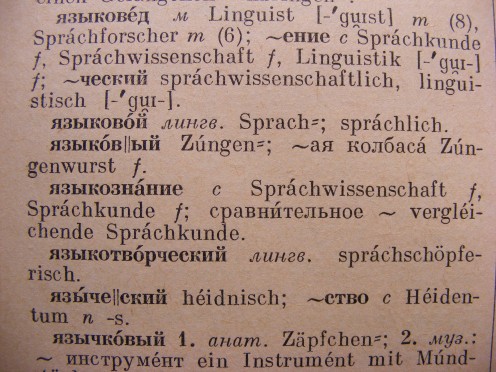
Russian is also surprisingly standard, despite the size of the Russian Federation. Compulsory education reforms throughout the twentieth century and the influence of mass media has resulted in the downplay of dialects and the spread and maintenance of a universal Russian, which is very unlike the situation in Germany, a much smaller nation.
Finally, Russian is not as foreign to English as you may think. This is a gross over-simplification, but essentially, Russian took on many French words throughout the eighteenth century, German words throughout the nineteenth century, and English words throughout the twentieth and twenty first century (and continues to do so at a rapid rate). Once you get a grip on the Russian alphabet, many words of English origin will be apparent to you. By extension, French words that English took on as a result of the Norman occupation and German cognates with English words are also present in modern Russian. Furthermore, Russian belongs to the Indo-European language group, of which English is also a part. The English speaking student of Russian will inevitably encounter a multitude of surviving lexical and grammatical similarities between his or her native language and Russian.
5. Similarity to other Slavic Languages
Once you have done the work of learning Russian, which is a rewarding achievement in and of itself, you have easy access to other Slavic languages, of which there are many. Now that you have mastered the Russian alphabet and therefore have easy access to other forms of Cyrillic script, the other two East Slavic languages no longer present the learner with this hurdle. The other two East Slavic languages, Ukrainian and Belarusian, share a great deal of lexical and grammatical similarity with Russian. To a lesser extent, even the more distantly related West Slavic (Czech, Polish, Slovak, etc.) and South Slavic (Bulgarian, Serbo-Croatian, Macedonian, etc.) languages share such lexical and grammatical similarity with Russian as well. The keen language learner will notice that the vast majority of languages do not stand alone, but are rather part of a continuum of languages which can be traced back to a common origin.
Conclusion
Learning Russian would be an adventure well worth your time. It is certainly a language less familiar to English than French or German, and grammatically more complex than Spanish and the continental Scandinavian languages, but it is by no means an insurmountable challenge for the dedicated and diligent student. The phonetically clear and distinct Slavic tongue and precise traditional grammar shines brightly in the Russian language.

